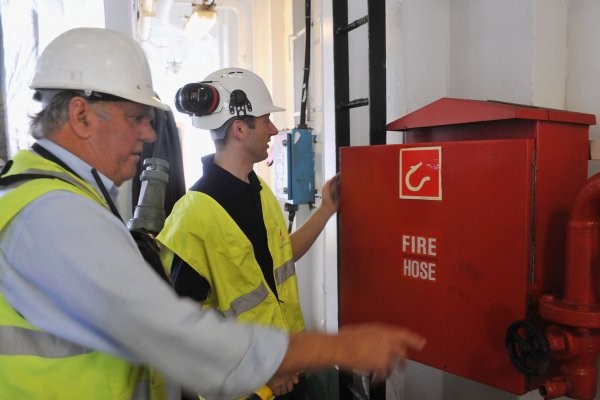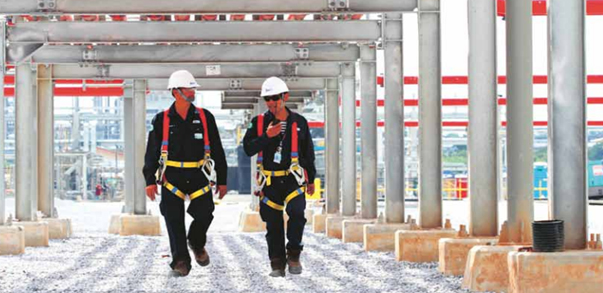

This course will be highly interactive and include group discussions, case studies and syndicate work. Depending on the participants’ backgrounds, the course outline may vary and focus on the areas specific to their industry and function requirements.
By the end of this course delegates will be able to:
Team Leaders, Managers, Line Managers, Supervisors, Team Leaders, Project Managers, Control Center Operators and Supervisors, Emergency Dispatchers, Security Personnel and CCTV Operators, HSE Officers, HSE Personnel, HSE Professionals, Emergency Response Team Members, HSE Managers and Auditors, Health & Safety and Environmental Professionals, Coordinators, Specialists and other full-time safety practitioners, Fire Officers, Loss Control Managers, Security Directors and Managers, Security Supervisors, Facilities Directors and Managers, HR and Administrative Managers with responsibility for security, Project Managers, Safety Inspectors, Plant Managers and Supervisors, Incident Control Point (Forward Control) Team Members, Supervisors, Advisors, Auditors, Laboratory Personnel, Emergency Personnel, Maintenance Personnel, Procurement and Supply Chain Managers, Engineers & Maintenance Personnel
CDGA attendance certificate will be issued to all attendees completing minimum of 75% of the total course duration.
| Code | Date | Venue | Fees | Register |
|---|---|---|---|---|
| HSE163-02 | 03-05-2026 | Muscat | USD 5450 | |
| HSE163-03 | 16-08-2026 | Dubai | USD 5450 | |
| HSE163-04 | 26-10-2026 | Istanbul | USD 5950 |
.jpg)
Many organizations are implementing an Occupational Health and Safety Management System (OHSMS) as part of their risk management strategy to address changing legislation and protect their workforce. T ...

The taunt of Production versus Safety has been with companies for many years. This barrier must be overcome. The Occupational Safety and Health Administration (OSHA), is one of the world’s leading bod ...
.jpg)
POSH is a practical foundation course covering the essentials of occupational safety and health. Through the use of case studies and real examples, this course focuses on the practical application of ...

This international leading qualification will assist all health & safety professionals, Drilling Crew to identify the drilling operations, identify the hazardous at Rigs, assist to reducing deaths, in ...
Providing services with a high quality that are satisfying the requirements
Appling the specifications and legalizations to ensure the quality of service.
Best utilization of resources for continually improving the business activities.
CDGA keen to selects highly technical instructors based on professional field experience
Since CDGA was established, it considered a training partner for world class oil & gas institution
3012, Block 3, 30 Euro Business Park, Little Island, Co. Cork, T45 V220, Ireland
Mon to Fri 09:00 AM to 06:00 PM
Contact Us anytime!
Request Info